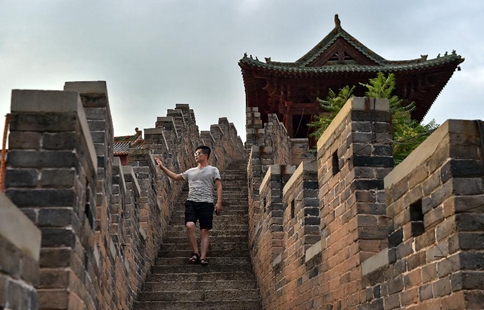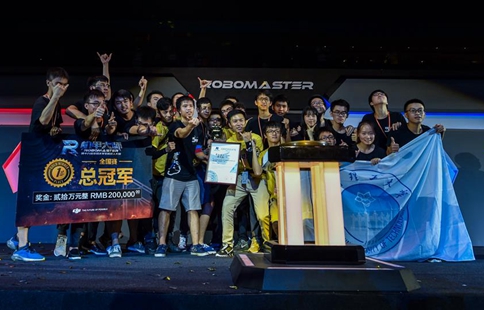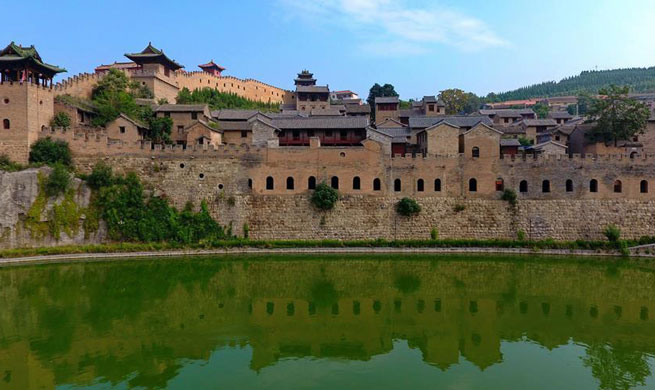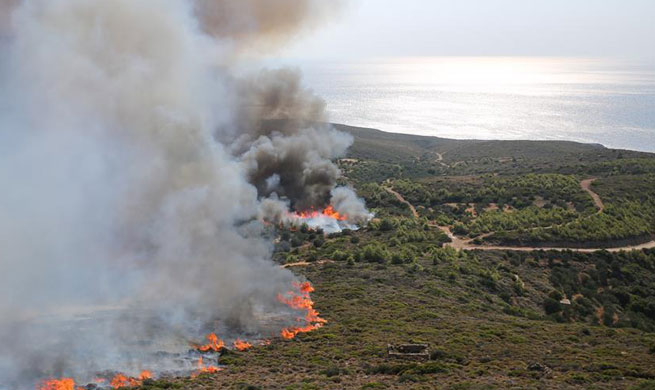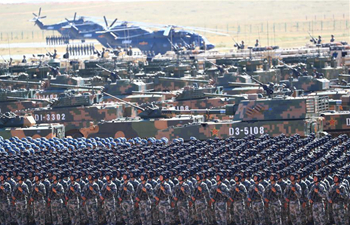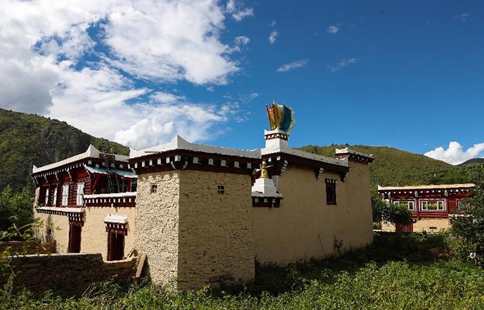SYDNEY, Aug. 7 (Xinhua) -- With trillions of environmentally harmful cigarette butts being disposed of around the world every year, a team of scientists in Australia have announced a new method of dealing with them, that could play a major role in reversing their harmful impact.
A team of scientists at the Royal Melbourne Institute of Technology University (RMIT) have produced research showing that when treated cigarette butts are mixed in with asphalt to build roads, the roads are able to maintain their load bearing performance, while also reducing their thermal conductivity.
This has a double positive impact on the environment, according to the project lead Abbas Mohajerani, who told Xinhua on Monday that not only does this provide incentive to reduce the amount of butts in the environment - but by reducing the thermal conductivity, it addresses the urban heat island effect experienced in major cities.
"We encapsulated cigarette butts, we actually developed a new type of aggregate, like other aggregates that are used for asphalt concrete, for normal concrete," Mohajerani said.
"In terms of the thermal conductivity of the materials, to make it porous and reduce the density, making the material more porous, then we can reduce that effect."
By adding cigarette butts to asphalt concrete, Mohajerani said that this additive effectively reduces the density of the finished product, meaning that the thermal conductivity is reduced.
"So when the thermal conductivity is reduced, the heat capacity is reduced. So, it contributes to the solution to some extent," Mohajerani said.
The urban heat island effect involves urban areas being considerably higher in temperature than their surrounding rural areas due to man-made interference - with recent studies in China showing a marked increase in temperatures in major cities, compared to their surrounds - and Mohajerani believes that this new method is one which can help to alleviate the environmental strain that comes with the necessary increased urbanization.
"What we need is acceptable procedures and guidelines for the industry, we are working on developing procedures now for large scale encapsulation, or larger scale recycling of cigarette butts in construction material, that is what is missing," Mohajerani said.
"We have to produce procedures and clear guidelines for them to proceed, and that is what we are actually doing right now."





